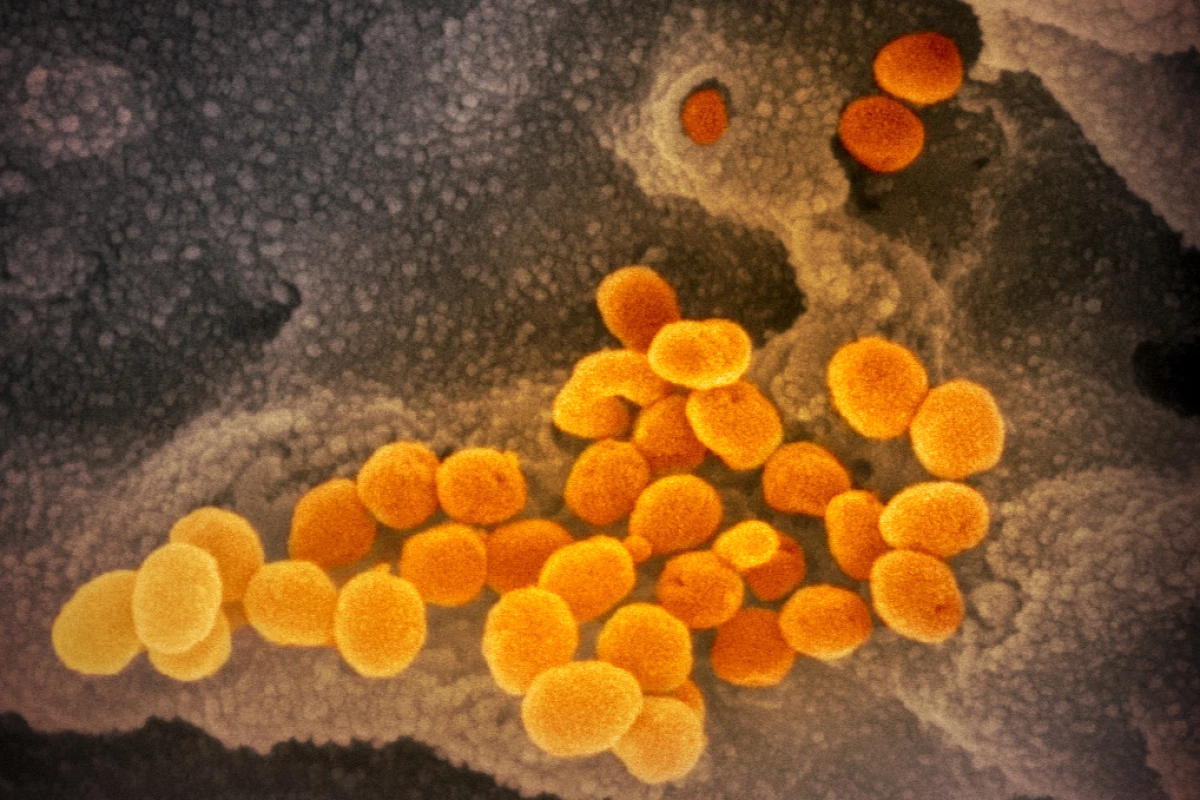Illustrating the incredibly rapid pace of COVID-19 vaccine development, biotechnology company Moderna has just revealed interim data from its Phase 1 human trials testing a novel mRNA vaccine. The results show the experimental vaccine is safe, well-tolerated and generates significant antibody levels, however, there is no evidence at this stage it prevents COVID-19 disease.
Moderna's vaccine is one of the few in development to be this far advanced in human trials, with Phase 2 already approved and set to commence, and Phase 3 scheduled to kick off as soon as July. This particular vaccine is developmentally backed by the US government and Phase 1 trialing was led by the National Institute of Allergy and Infectious Diseases (NIAID), part of the National Institutes of Health (NIH).
The interim data revealed by Moderna reports no serious adverse effects from the vaccine, across all dose cohorts. This first phase of testing also measures a subject’s immune response to the vaccine. The data suggests both lower doses of the vaccine tested in the trial elicit neutralizing antibody levels similar to those seen in blood samples from patients who have recovered from COVID-19. While this does give hope for the vaccine’s efficacy, it is important to note this measurement is not proof of protection against the virus.
“These interim Phase 1 data, while early, demonstrate that vaccination with mRNA-1273 elicits an immune response of the magnitude caused by natural infection starting with a dose as low as 25 µg,” explains Moderna’s chief medical officer, Tal Zaks. “When combined with the success in preventing viral replication in the lungs of a pre-clinical challenge model at a dose that elicited similar levels of neutralizing antibodies, these data substantiate our belief that mRNA-1273 has the potential to prevent COVID-19 disease and advance our ability to select a dose for pivotal trials.”
Robin Shattock, from Imperial College London, suggests this news from Moderna is encouraging. However, he does note the complete trial data has yet to be fully released, peer-reviewed, or published.
“These are encouraging signs – while it will be important to scrutinize the actual data, the reported findings are in line with expectations that vaccine candidates should provide levels of neutralizing antibodies that are at least equivalent to convalescent subjects,” says Shattock, who is working on a different RNA COVID-19 vaccine. “This is a promising start, but efficacy data will be key followed by an ability to scale in a manner that provides global access should this vaccine be successful.”
Stephen Evans, from the London School of Hygiene and Tropical Medicine, also expresses cautious optimism upon seeing these results. He says questions still remain regarding general efficacy, and whether the data can be generalized for other demographics, such as older age groups.
“… the [Phase 1] trial is not intended to show efficacy in reducing or preventing Covid-19 disease and it cannot be assumed on the basis of these results that it will do so,” says Evans. “The Phase 3 trials will assess this, so it is important not to overstate these results. Whether the same benefits are seen in older age groups we do not know but that may be because they were recruited at a later stage.”
Moderna's mRNA vaccine technology is still profoundly new and experimental. To date, no mRNA vaccine of this kind has been approved to treat any infectious disease in humans.
Source: Moderna




